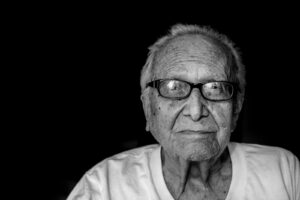Contact tracing app could exacerbate health inequalities
The government’s delayed contact tracing app could exacerbate existing health inequalities, a charity has warned.
The Health Foundation has today (3 June) published details of an Ipsos MORI, which shows a ‘digital divide’ in terms of the people who plan to download and use the app, which has yet to be rolled out.
Almost three quarters (73%) of people in managerial, administrative or professional jobs said they are likely to download the app, but among the routine and manual workers, state pensioners and the unemployed, this figure falls to just half (50%).
And while 71% of those with a degree say they are likely to download the app, this falls to 63% for those with A-levels or equivalent only, 59% for those with GCSEs or equivalent, and 38% among those with no formal qualifications.
The polling also identifies variation in smartphone ownership as a significant issue, with almost one in five people aged over 65 years old (17%) not owning a device and therefore not in a position to download the app.
People in routine and manual jobs, state pensioners and the unemployed are also more likely not to own a smartphone than those in managerial, administrative or professional jobs (8% versus 4%).
Those without access to the app will not receive the same level of benefit in terms of up-to-date information about their risk of infection from contact with others.
‘The NHS contact tracing app could play a critical role in the fight against COVID-19, expanding the number of people who are traced and speeding up the process. With a virus that is transmitted as quickly as coronavirus, this kind of instant contact tracing could prove invaluable,’ said the Health Foundation’s director of data analytics, Adam Steventon.
‘But there’s a significant risk that many will be left behind. The impact of COVID-19 is already being felt unequally across society and appears to be having a disproportionate impact on people living in more deprived areas, older people, and some ethnic minorities. Within that context, it’s especially concerning that people in lower paid jobs and those with less formal education say they are less likely to download and use the app, and of course not everyone has a smartphone.’
Photo Credit – Stevepb (Pixabay)
















